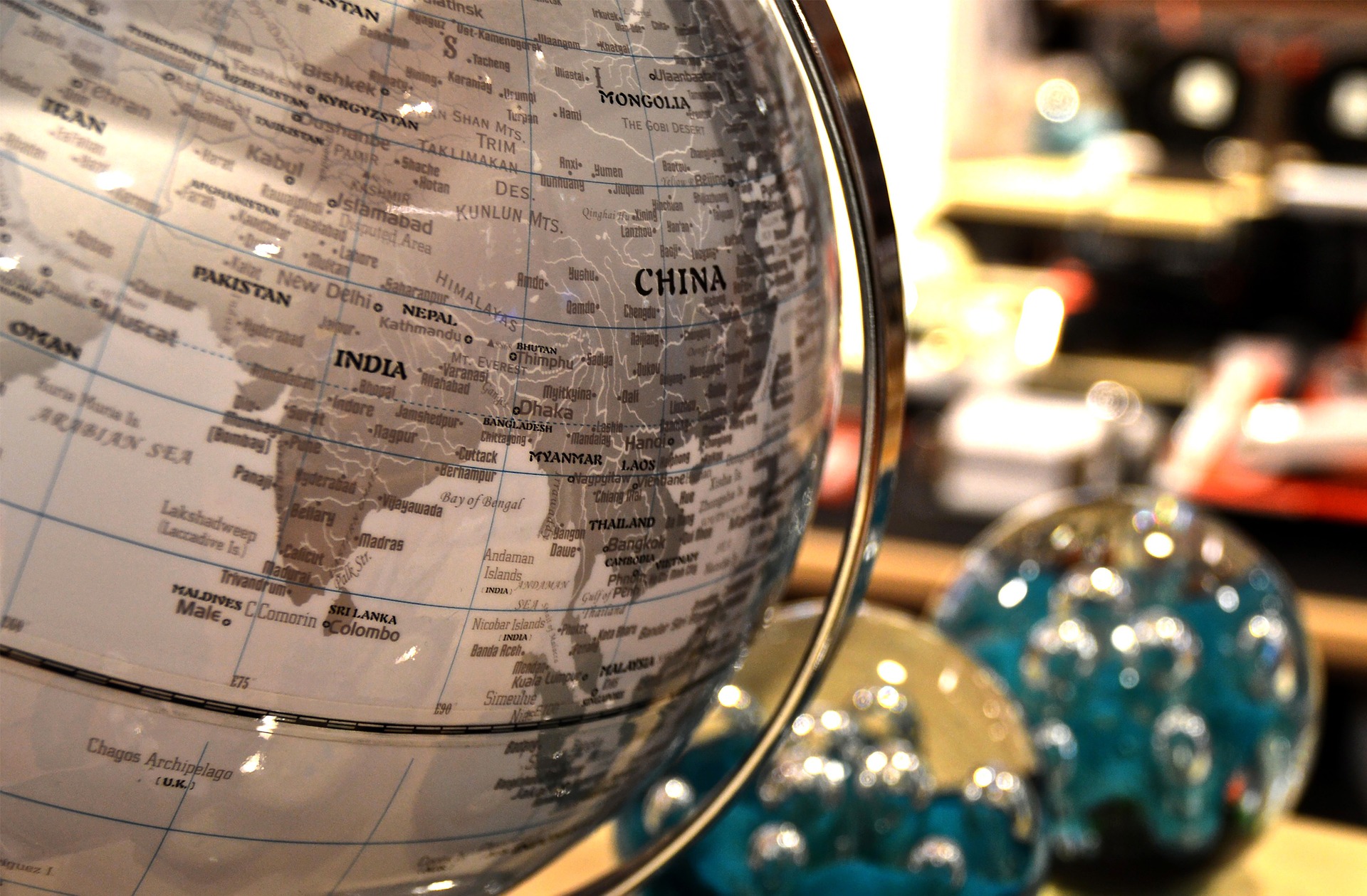
13 Aug What a trade war means for your money
Photo: pixabay.comQ. What will this trade war talk mean to international investments? Is China a good place to invest or is there another place?
— Investor
A. There certainly has been a lot of talk about tariffs and what they could mean to the economy both here and to economies overseas.
Much of the policies we’re hearing about are still in flux, so it’s understandable that investors may be concerned about the future.
But as investors, we must be humble enough to know that we cannot predict the outcome of events, said Bryan Smalley, a certified financial planner with RegentAtlantic in Morristown.
He said even if we were able to predict events, that knowledge would not provide a clear picture as to how the markets would react.
A prime example of this was the 2016 election, Smalley said.
“President Trump was not expected to win and critics publicly stated that a Trump victory would hurt the economy,” he said. “When he did win, the market’s knee-jerk reaction was negative as the Dow futures dropped nearly 900 points overnight. Fast forward to the market close later that day – the Dow was up over 250 points. Markets continued to flourish over the next year.”
As with the election, no one can predict the outcome of the current trade war, Smalley said.
At the core, all tariffs do is raise prices for companies and ultimately consumers. As a result, there are no “winners” and “losers” of a trade war, but some countries may be impacted more than others.
It would be wrong and frankly irresponsible for us to just assume that the U.S. will come out of the other end of this event faring better than the rest of the world, he said.
What we do know is that the trade war has caused one thing – uncertainty. The stock market – whether domestic or international – hates uncertainty, Smalley said. It brings on volatility, which in turn causes certain types of investors to act irrationally.
“This was reflected in the markets during the second quarter when international stocks noticeably underperformed their U.S. counterparts,” he said. “Uncertainty can cause a sense of panic in the short-term, but also tends to create long-term opportunities.”
Smalley said he sees plenty of opportunities to invest internationally.
You mentioned China. Smalley said he prefers to own a basket of countries as opposed to focusing on one such as China.
“This further enhances the benefits of diversification by reducing risk away from one particular nation,” he said.
Smalley said there are a number of metrics investors use to evaluate the levels at which companies are trading, including price-to-earnings, price-to-sales, price-to-book value, among others.
On average, he said, companies overseas are currently trading at more attractive prices than those in the U.S. Furthermore, they continue to experience a high level of earnings growth, he said.
“This can be attributed to the fact that other countries have lagged behind the U.S. in terms of economic expansion, so it is likely that they have further to go,” Smalley said. “Given the fact that we do not know how this story will end, maintaining a globally diversified portfolio should remain investors’ long-term approach.”
Email your questions to Ask@NJMoneyHelp.com.

